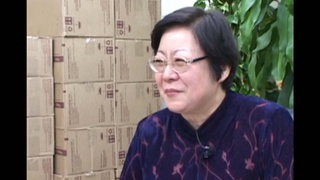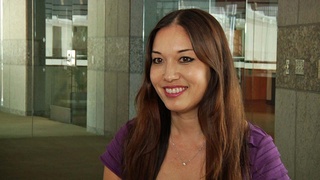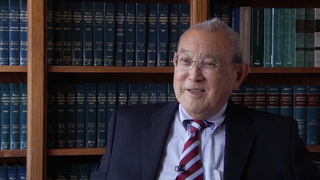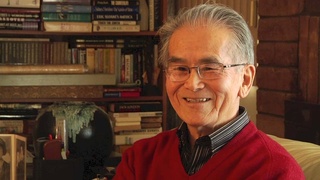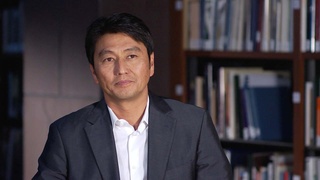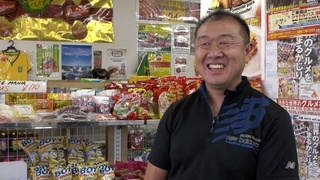Entrevistas
Change of identity (Japanese)
(Japanese) As for my identity, I think I have been through a series of changes in the process of becoming an adult. Before I came to Japan, I had a strong feeling that I was Japanese. I came to Japan with a strong belief that I was Japanese. But once I arrived here, I was treated as Brazilian and I couldn’t get along with people at school. As people said to me, “Go back to Brazil,” I found myself really confused. And then I started to think of myself as Brazilian after all and asked myself who I was as Brazilian. I went back and forth between the two especially when I was in school. I thought to myself, I’m Brazilian, but then I wanted to be Japanese. I wanted to have friends, so I thought, what should I do to become like everyone else? So, as a child my desire to become a Japanese national might have been stronger.
Well, but I knew that whether I become a Japanese national or not would have no effect on my Japanese skills or on my surroundings, so I didn’t take any action. Still, I remember that I thought a lot about my identity, questioning if I was Brazilian or Japanese.
And as I grew up, I think I started to feel more attached to me being a Brazilian. I couldn’t fully become Japanese - there’s part of me that couldn’t become Japanese. It was partly because I didn’t know enough, and I didn’t experience things that are commonly experienced in Japanese home, so I thought to myself, I’m not Japanese after all, but at the same time I don’t know much about Brazil either, so I’m not Brazilian, which led me to being Nikkei in the end.
Data: October 18, 2016
Localização Geográfica: Gunma, Japan
Entrevistado: Shigeru Kojima
País: Watase Media Arts Center, Japanese American National Museum



